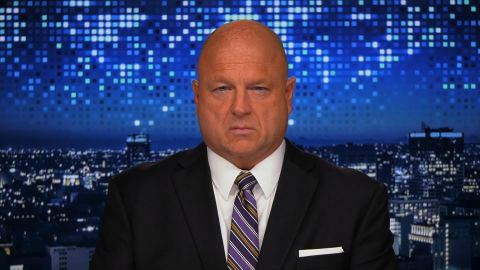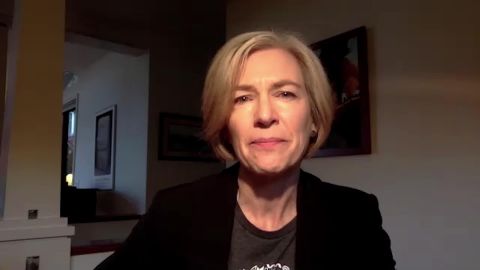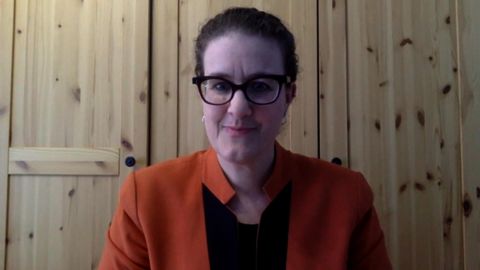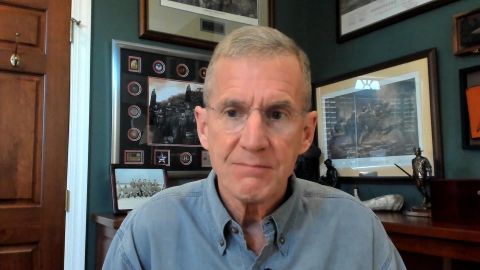Read Transcript EXPAND
CHRISTIANE AMANPOUR: And let me just start by asking you what you know best, and that is the military capacity of the United States which is usually, obviously, deployed abroad but there are provisions to deploy it in-country when there are crises like this. What is your response to that? Should it be? Has it been?
STANLEY MCCHRYSTAL, FORMER COMMANDER, INTERNATIONAL SECURITY ASSISTANCE FORCES AFGHANISTAN: First, Christiane, thanks for having me on. And the answer is the Department of Defense, all of the service members and civilians involved and their families are part of the nation. I think that in their hearts and souls, they want to be a part of defending the nation against even this kind of a threat, a pandemic as opposed to a traditional enemy. So, my answer to you is, we need to maintain the capability to defend against traditional threats that might attack but also, we need to turn every bit of Department of Defense we can against this particular threat to help the American people.
AMANPOUR: So, we just heard from Beth Cameron. I mean, and she says, you know, that there was a playbook but one has lost critical months and weeks. What would you say to others who basically say, look, the U.S. has this amazing logistics capability? You know, I have seen it in the field when you have all deployed for war and it’s a methodical, huge, heavy lift that the U.S. does better than anybody. Can that be deployed and in which way would it be useful in the U.S. right now, as well the Army Corps of Engineers?
MCCHRYSTAL: Well, let’s talk wider than just Department of Defense assets. If you want to win a war, traditionally, what you try to do is break up your enemy and defeat him in detail. Napoleon asked what enemy he’d most like to fight and he respondent, a coalition because he felt that the different nations would not pull together and he could defeat them separately. If you want to lose a battle or lose a war, what you do is you allow yourself to defend yourself separately. So, what I’d say is if we fight 50 different fights against COVID-19 by all of the states and then add to that the territories, if we fight them individually and we allow each to have to stand on its own, then our ability to be effective is going to be pretty limited, and we are seeing some of that. We are seeing the fact that states are competing against each other in cases where they have to. And we’re not massing the capability for provide focus works needed most at the time it’s needed. So, I would say, first and foremost, even before we think about what Department of Defense assets, we have got to get a system to pull together all the different parts of our nation, the governmental parts, the commercial parts and just the nongovernmental parts, the people who want to help. Bring them into a unified effort. And I think we struggle so far with that.
About This Episode EXPAND
Beth Cameron discusses the government pandemic playbook that she co-authored. Retired General Stanley McChrystal explains how the U.S. military can be used as a tool in these times. David Urban, senior advisor to the Trump 2020 campaign, weighs in on the president’s response to the crisis. Biochemist Dr. Jennifer Doudna explains how CRISPR can assist the battle against COVID-19.
LEARN MORE



